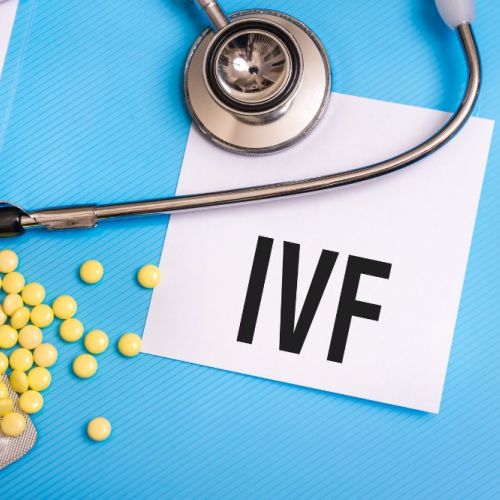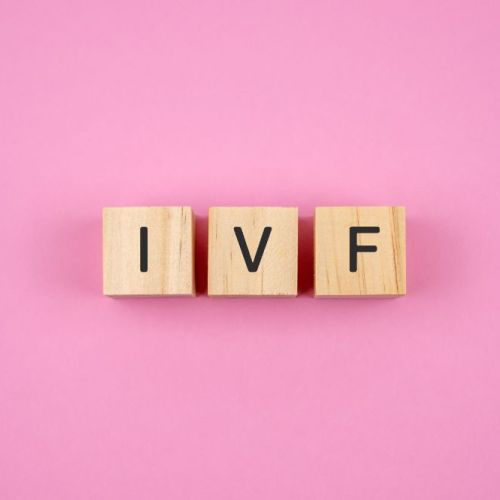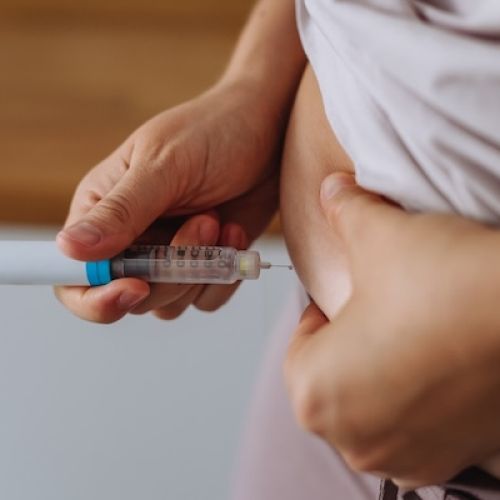Oncofertility

California Center for Reproductive Health is a proud partner with LIVESTRONG Foundation and Oncofertility Consortium. Our mission is to increase awareness and optimize accessibility to fertility preservation options for female patients diagnosed with cancer.
Cancer treatment can cause infertility and pretty much all modes of cancer treatment including
chemotherapy, radiation, and surgery have the potential to affect future fertility.
Treatment effects range from immediate (acute) ovarian failure to infertility despite continued periods (due to loss of eggs and damage to remaining eggs) to early menopause and a shortened reproductive lifespan.
The American Society of Clinical Oncology advises all health care providers to address the possibility of infertility with patients.
Dr. Mor and Dr. Woo at CCRH are passionate in addressing concerns and correcting misconceptions regarding ovarian stimulation for cancer patients.
Myth#1-There is insufficient time.
Fact- With an expedited protocol, approximately 2 weeks is required from start to finish.
Patients do not need to wait until their period to start a cycle of stimulation. Patients can start stimulation regardless of phase of menstrual cycle. Random start stimulation does require 1-2 more days of hormone injections, but there are no differences in the number of eggs retrieved or embryos created.
Myth#2-In patients with hormonally sensitive breast cancer, the high estrogen levels during IVF may stimulate malignant cells.
Fact-It is not known what peak level is safe in patients with breast cancer. Protocols designed specifically for breast cancer patients have shown to be safe. In large studies of women diagnosed with breast cancer, those that chose to pursue fertility preservation compared to those who did not, had similar rates of breast cancer recurrence.
Myth#3-I don’t have a partner, and freezing eggs is not as good as freezing embryos.
Fact-With advanced in vitro technology—vitrification, eggs are frozen in a glass like state without damage of water crystal formation. Frozen eggs and frozen embryos result in similar pregnancy rates.
Myth#4-It is not safe to carry a pregnancy after cancer.
Fact-Current studies do not indicate increased risk of recurrence or decreased risk of survival even in women with hormonally sensitive tumors.
Myth#5-I cannot afford fertility preservation treatments.
Fact-There are multiple pharmaceutical companies that provide free medications for oncofertility patients. As partners with LIVESTRONG, California Center for Reproductive Health provides significantly discounted treatment cycles.
Improvements in cancer therapy has led to improved overall survival. Future family building is a significant quality of life issue after cancer. Safe and effective methods for fertility preservation exist. Please call our clinic for more information.




